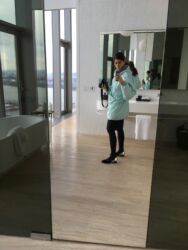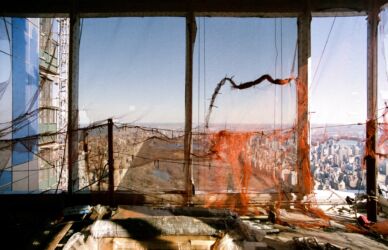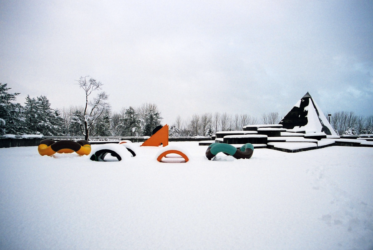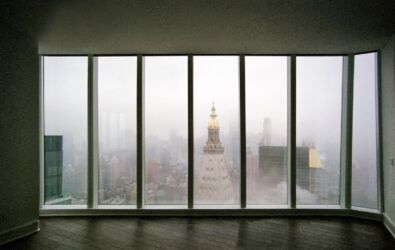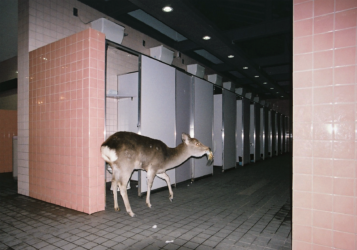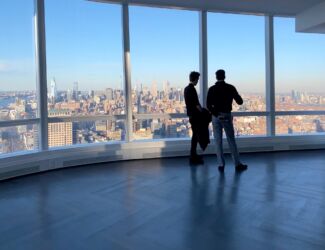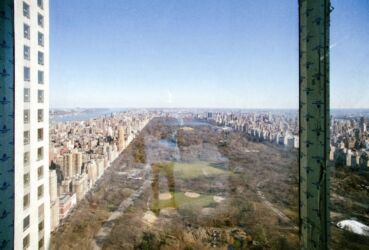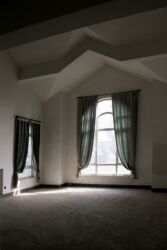Connecticut- and New York City-based artist Alexis Rockman talks about:
His semi-exodus from Manhattan, where he’s lived his whole life, to a rural part of Connecticut called Warren; leaving his Tribeca studio of 33 years and building a new one on the property of their house in Warren; his early love and interest in animals through his archeologist mom’s encouragement which led to everything from keeping fish, turtles and iguanas in his childhood room to going scuba diving and spending a lot of time in Australia, where his stepfather was from, encountering wombats, quolls, and large flightless birds; his appreciation of science fiction movies of the late 60s and early 70s, and how the ideas in those movies were an influence on his apocalyptic paintings; the origins of his painting ‘Manifest Destiny,’ which is in the collection of the Smithsonian American Art Museum; his recent work, which is in conversation with historic painters – Courbet, Clyfford Still, Peder Balke – and the joy of painting in addition to addressing climate change; how he jumped for joy for ‘owning’ natural history, as a painter, when he first established his artistic vision at the start of his career in the mid-1980s; working as a vision artist for films, including Life of Pi and the remake of the Little Mermaid; and how he feels about his relative ‘fame,’ and the ebbs and flows of success.
If you would like to access Bonus Episodes of the show (releasing once a month, two weeks after this one), please consider supporting The Conversation on Patreon here:








